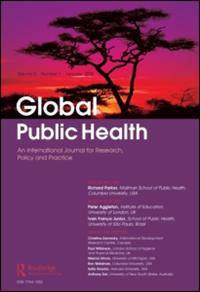In cooperation with Indian health authorities, the GAVI Alliance (GAVI) is introducing Hepatitis B (HepB) vaccination into the immunisation programmes of 11 'better-performing' Indian states. This article describes the concerns and interests of major stakeholders in the programme, including GAVI partners and the Indian government, and summarises Indian debates that have emerged in response to the project, especially on the issue of selective vs. universal immunisation. The article suggests that programme planning should be based on a good knowledge of disease prevalence and the relative importance of perinatal HepB transmission, which would require a comprehensive cross-country study of the epidemiology of HepB among different populations, the relative importance of different transmission routes and the degree of geographical variation in India. Based on this research, further studies could address the feasibility and cost-effectiveness of routine birth-dose administration and selective birth-dose immunisation of infants born to mothers who are chronic HepB virus carriers. The GAVI 'formula' could be strengthened by supporting the basic epidemiological research that is essential to effective programme planning in recipient countries, which are by definition among the world's poorest countries.
Kolås, Åshild (2011) GAVI and Hepatitis B Immunisation in India, Global Public Health 6 (1): 28–40.







